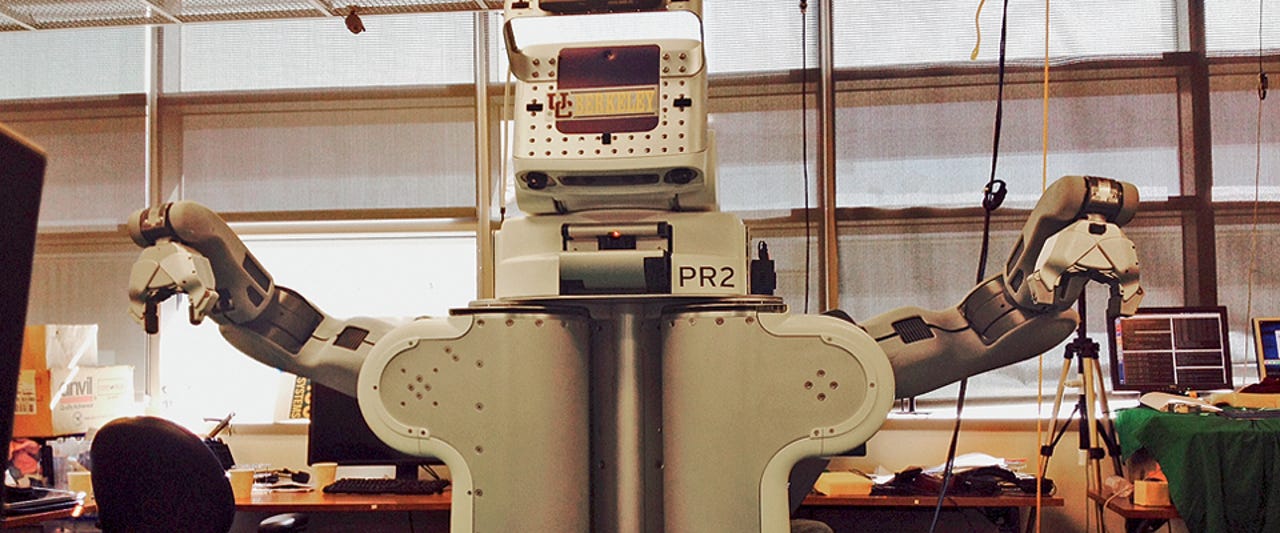Elon Musk's open source OpenAI: We're working on a robot for your household chores


Like BRETT, Berkley University's Berkeley Robot for the Elimination of Tedious Tasks, OpenAI's design would be a general-purpose robot.
OpenAI, the artificial-intelligence non-profit backed by Elon Musk, Amazon Web Services, and others to the tune of $1bn, is working on a physical robot that does household chores.
The robot OpenAI is targeting would be as reliable, flexible, and intelligent as Rosie the maid from TV cartoon comedy The Jetsons.
OpenAI leaders Musk, Sam Altman, Ilya Sutskever, and Greg Brockton explain in a blogpost that they don't want to manufacture the robot itself, but "enable a physical robot ... to perform basic housework".
This would be a general-purpose robot along the lines of BRETT, Berkley University's Berkeley Robot for the Elimination of Tedious Tasks, which is being trained using a combination of deep learning and reinforcement learning, a field of AI covering decision making and motor control through trial and error, based on rewards and punishments.
These combined AI techniques have been used by Google's DeepMind researchers to train its agents to master Atari games and more recently navigate virtual 3D spaces and solve more complex puzzles, such as teaching a virtual ant how to play soccer.
OpenAI says it is "inspired" by DeepMind's work in this field, displayed by its Atari games, and AlphaGo's victory over human Go masters.
DeepMind last week highlighted that it used deep-reinforcement learning to train its agent to play multiple Atari games. OpenAI says it wants to "train an agent capable enough to solve any game", but notes significant advances in AI will be required for that to happen.
OpenAI's recently-opened Gym Beta is targeting advances in reinforcement learning, because it is achieving good results in varied settings without algorithms needing to make too many assumptions.
The group also plans to build an agent that can understand natural language and seek clarification when following instructions to complete a task. OpenAI plans to build new algorithms that can advance this field.
"Today, there are promising algorithms for supervised language tasks such as question answering, syntactic parsing and machine translation but there aren't any for more advanced linguistic goals, such as the ability to carry a conversation, the ability to fully understand a document, and the ability to follow complex instructions in natural language," OpenAI noted.
Finally, OpenAI wants to measure its progress across games, robotics, and language-based tasks. OpenAI's Gym Beta will be used to serve this function.
Musk and co launched OpenAI in 2015 as an open non-profit to act as a counter-balance to huge investments in AI by corporations like Google, Microsoft and Facebook.